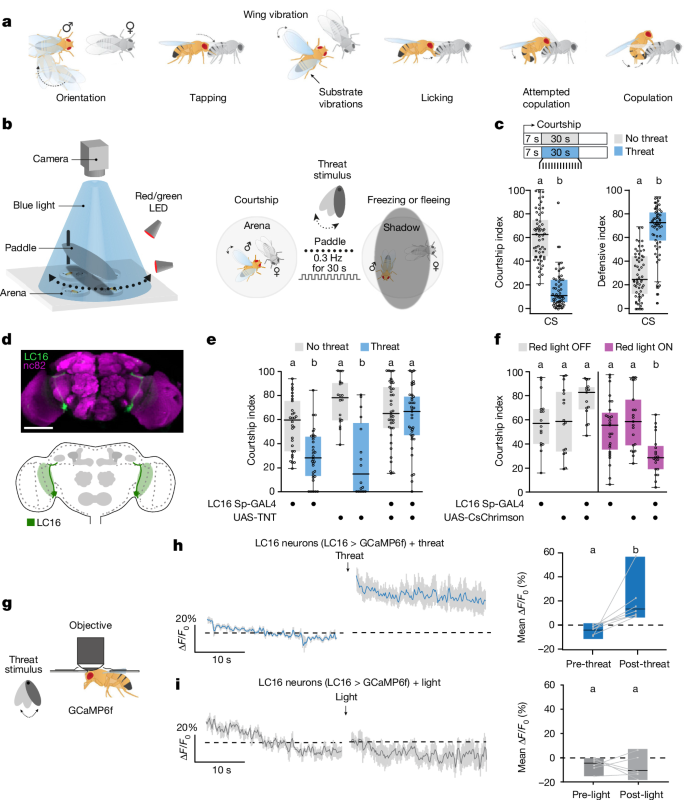2024-08-30 ノースカロライナ州立大学(NCState)
<関連情報>
- https://news.ncsu.edu/2024/08/hope-mindfulness-and-tough-times/
- https://onlinelibrary.wiley.com/doi/10.1002/smi.3466
新型コロナウイルス感染症のパンデミック中の音楽業界従事者の仕事関連の回復力、関与、幸福感:マインドフルネスと希望のマルチウェーブモデル Work-related resilience, engagement and wellbeing among music industry workers during the Covid-19 pandemic: A multiwave model of mindfulness and hope
Kristin L. Scott, Emily Ferrise, Sharon Sheridan, Thomas J. Zagenczyk
Stress and Health Published: 30 August 2024
DOI:https://doi.org/10.1002/smi.3466

Abstract
We surveyed workers in the performing arts sector to explore the role of positive mindsets in facilitating work-related resilience, engagement and reduced stress using retrospective reporting surveys during the Covid-19 work shut down period. Integrating conservation of resources theory with research on metacognitive self-regulation, we controlled for the severity of the Covid-19 impact and negative affect and found that hope (but not mindfulness) predicted professional engagement, resiliency and reduced tension and distress over time. Further, the relationships between hope and outcomes were mediated by positive affect (PA). Mindfulness was not indirectly (via PA) related to outcomes (i.e., engagement, resiliency, job tension, distress) but was directly and negatively related to job tension and distress. These findings suggest that in times of intense stress or adversity, future-oriented thinking such as hope may be more effective than mindfulness in sustaining positive mindsets and action-oriented outcomes such as engagement. Implications for practice and future research are discussed.

